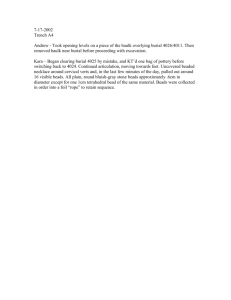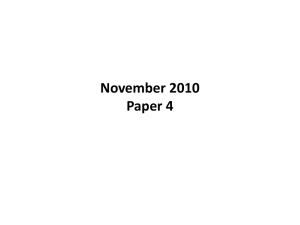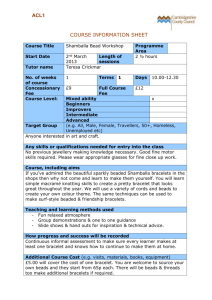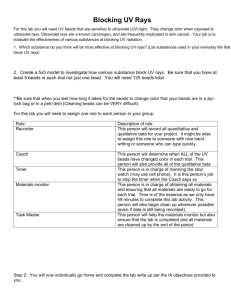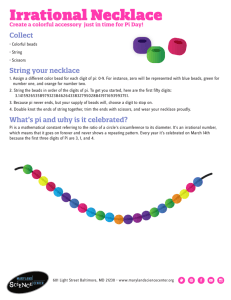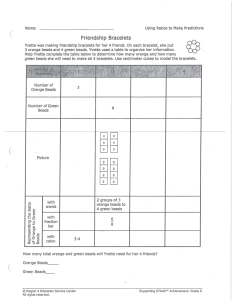ACLU of Virginia Foundation
advertisement
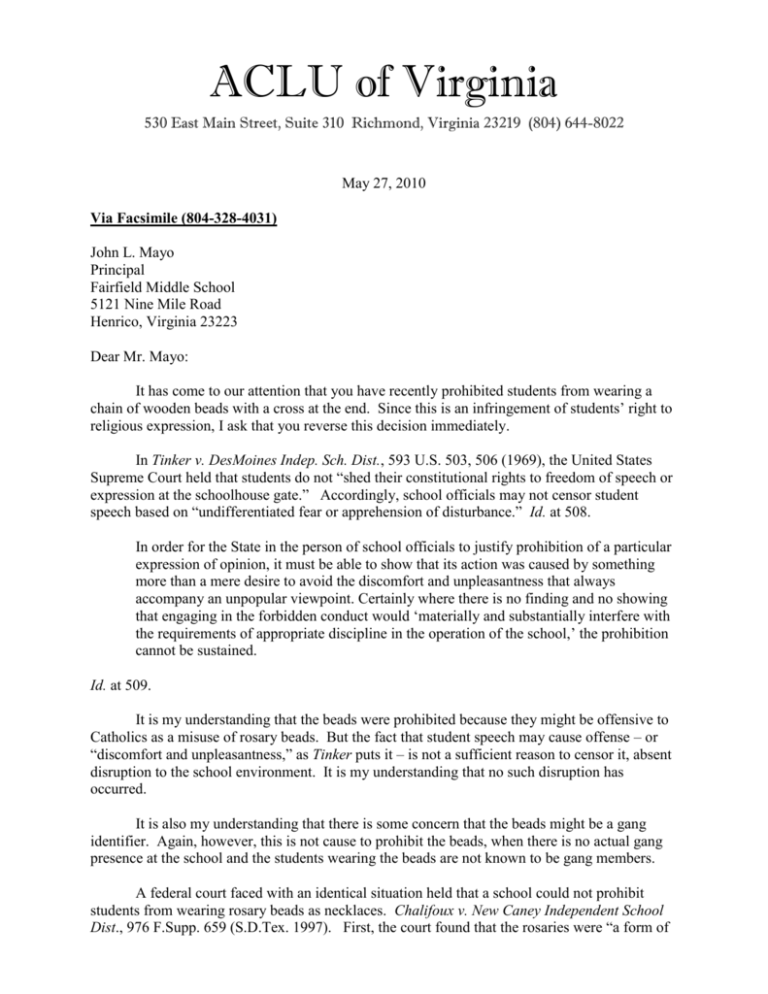
ACLU of Virginia 530 East Main Street, Suite 310 Richmond, Virginia 23219 (804) 644-8022 May 27, 2010 Via Facsimile (804-328-4031) John L. Mayo Principal Fairfield Middle School 5121 Nine Mile Road Henrico, Virginia 23223 Dear Mr. Mayo: It has come to our attention that you have recently prohibited students from wearing a chain of wooden beads with a cross at the end. Since this is an infringement of students’ right to religious expression, I ask that you reverse this decision immediately. In Tinker v. DesMoines Indep. Sch. Dist., 593 U.S. 503, 506 (1969), the United States Supreme Court held that students do not “shed their constitutional rights to freedom of speech or expression at the schoolhouse gate.” Accordingly, school officials may not censor student speech based on “undifferentiated fear or apprehension of disturbance.” Id. at 508. In order for the State in the person of school officials to justify prohibition of a particular expression of opinion, it must be able to show that its action was caused by something more than a mere desire to avoid the discomfort and unpleasantness that always accompany an unpopular viewpoint. Certainly where there is no finding and no showing that engaging in the forbidden conduct would ‘materially and substantially interfere with the requirements of appropriate discipline in the operation of the school,’ the prohibition cannot be sustained. Id. at 509. It is my understanding that the beads were prohibited because they might be offensive to Catholics as a misuse of rosary beads. But the fact that student speech may cause offense – or “discomfort and unpleasantness,” as Tinker puts it – is not a sufficient reason to censor it, absent disruption to the school environment. It is my understanding that no such disruption has occurred. It is also my understanding that there is some concern that the beads might be a gang identifier. Again, however, this is not cause to prohibit the beads, when there is no actual gang presence at the school and the students wearing the beads are not known to be gang members. A federal court faced with an identical situation held that a school could not prohibit students from wearing rosary beads as necklaces. Chalifoux v. New Caney Independent School Dist., 976 F.Supp. 659 (S.D.Tex. 1997). First, the court found that the rosaries were “a form of religious expression protected under the First Amendment.” 976 F. Supp. at 665. Next, although a few students had allegedly worn rosaries to school as gang symbols, the plaintiffs “were never misidentified as gang members nor approached by gang members.” Id. at 667. Nor was there “any evidence of hostility from students at New Caney High School or any other threat of interference with school safety.” Id. Thus, “there was insufficient evidence of actual disruption at [the school], or that there was substantial reason for [the school district] to anticipate a disruption, to justify the infringement on Plaintiffs' religiously-motivated speech.” Id. Based on my understanding of the facts, the situation at Fairfield is indistinguishable from the one presented in Chalifoux. Accordingly, I ask that you immediately convey to the student body and faculty that students will be permitted to wear the beads with crucifixes. Please let me know what action you take. Should you have any questions, please do not hesitate to call me at (804) 644-8080. Thank you for your attention to this matter. Sincerely, Rebecca K. Glenberg Legal Director
